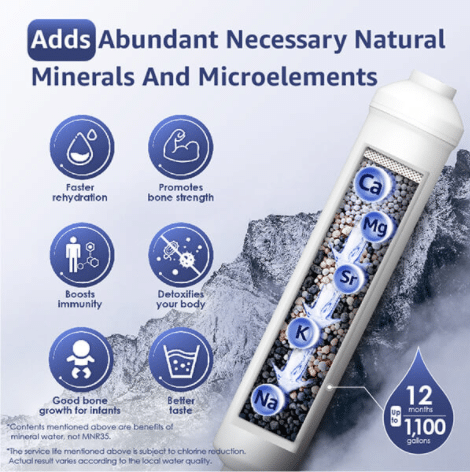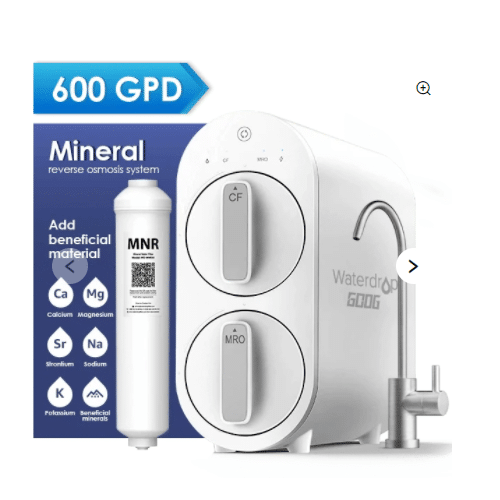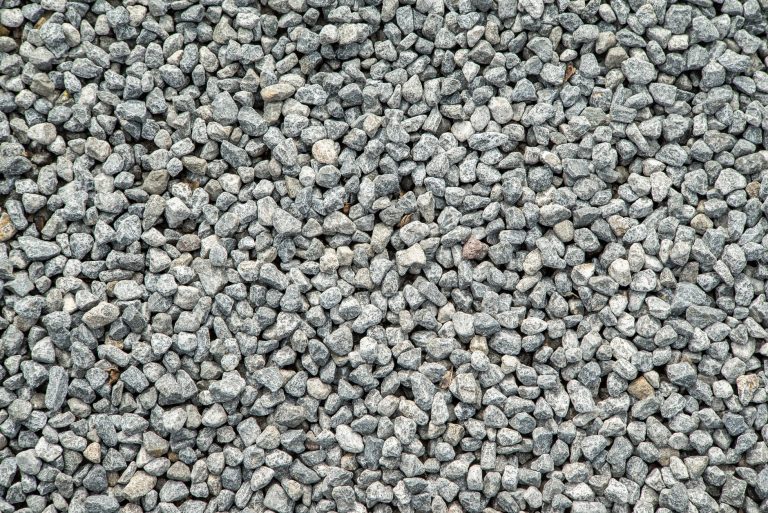Do Remineralization Filters Work?
Water is a necessary element in life. The advancement in technology had blessed life in various ways. However, it has also brought about various challenges such as water pollution.
Now, there are contaminants present in the water that pose a serious danger to health.
The water contaminants should be removed from the water so that we can enjoy the bliss of life fully.
Do Remineralization Filters Work?
However, with the removal of contaminants from water, there are also multiple other challenges.
Sometimes, the elements are removed fully from the water that also takes away healthful minerals.
In this scenario, the remineralization process comes into the picture.
In this guide, we are going to learn about the remineralization of the filters process.
What is the Remineralizing Process?
Before explaining the remineralizing process, we should define the minerals. Minerals are described as naturally occurring inorganic solids in science.
Does this seem a little perplexing? It happened to us as well, but the solution is rather straightforward.
A mineral is a kind of rock or invisible smallest lengths of rocks or traces of minerals present in a certain thing.
To do away with all the confusion, let us read what makes up a mineral:
- It is a naturally occurring phenomenon. The minerals are not made by humans. Rather, they are already present in the natural things.
- The minerals are inorganic in their nature. It means that the minerals are neither humans nor plants.
- The mineral is not found in a liquid or gaseous state. It means that it is always present in solid form.
Humans, animals, and plants all require a variety of natural minerals.
Minerals aid in the formation and hardening of our bones, the appropriate functioning of our organs, and the growth and operation of plants.
Plants develop roots and dig for these minerals wherever they may be found, while humans and animals search for them.
Minerals, on the other hand, are difficult to produce naturally, so we must supplement our meals with them from outside resources.
So, it is not possible to acquire minerals in man-made products. So, we require minerals significantly in our diets.

Types of the Remineralizing Process of the Filters
Depending on the requirements, there are four major techniques to remineralize Pure water. Some people desire a RO filter that constantly remineralizes the water, while others choose Himalayan salt.
Does Your Water Require Remineralization Process, At All?
Assessing the pH of your freshwater can indicate if it has to go through a reverse osmosis filter or whether it requires the addition of more minerals.
- If your pH of water is less than 6, you may have harmful metals in your water, thus a RO system should be used to filter it.
- If the pH is greater than 8.5, it means there are a lot of elements in it (perhaps too much), therefore reverse osmosis would be a good option.
In both cases, freshwater has to undergo water treatments. Both of the water treatments are connected with each other.
It means that the removal of contaminants from water through reverse osmosis makes it necessary to undergo the remineralization process.
When Should We Add the remineralization filters Process?
If your pH values are between 7 and 8, you have neutral waters, which is excellent. Even so, if it’s nearer to pH 7, you could have destroyed some vital minerals.
That’s why any filtration system should have a remineralization filter.
To understand the water reverse osmosis process and remineralization filters process, you should continue reading to understand them more.
Let us understand both processes and their interconnection hereunder:
Removal of the Contaminants from the Water
Due to water pollution, various agents contaminate the water. Water is unsafe for drinking in case contaminants are present in the water.
So, we must remove all kinds of contaminants while presenting the good agents present in the water.
Reverse osmosis purifiers are excellent at eliminating contaminants from water.
As discussed earlier, they also eliminate the beneficial elements in water regretfully that we require for both our wellness and the flavor of the water.
Remineralization screens can help with this. The remineralization process is used in the factories for supplying essential 70 traces of minerals back into the water. The mineralizing process helps in acquiring healthful water.
Reverse Osmosis Removes Essential Minerals from the Water.
Filters that reintroduce mineral deposits like iron and calcium again into your water are known as remineralization filters.
They help enhance the flavor of distillation and reverse osmosis water, which can be bland.
The desalination plants eliminate minerals from freshwater, many water purification firms recommend that you install a remineralizing filter afterward to restore elements to your water.
While the pH of these screens rose considerably due to calcium carbonate in the filtration, no micronutrients were introduced.
So, the main question arises whether remineralizing process brings back nutrients into the water or not?
Does the Remineralizing Process of Filters Work, At All?
Coral calcium is used by several organizations as a remineralizing filter. it is correct that coral calcium includes 70 essential minerals.
The issue is that the water running through a filtration system does not have enough time to neutralize the coral calcium.
The water absorbs carbonate, resulting in a rise in pH, but no ions are supplied.
Calcium and magnesium may be present in trace levels.
However, multiple organizations had raised their doubts regarding the remineralization process of filters.
It is doubted that no added minerals were found in the water as the remineralizing process of filters was performed on the water.
So, the answer is that remineralizing process may not work 100% accurately. Sometimes, it may not add the minerals back into the water, at all.
So, the remineralization process of filters may not work all the time.
What To Do If Remineralization Process Does Not Work?
The questions raise when the remineralization process does not work.
What to do when the remineralization process has not added minerals back into the water? The answer is quite simple and uncomplicated.
After a great number of freshwater and minerals monitoring tests lately, it has come to the surface that the remineralization process and osmosis of water increase the fineness and quality of the water to a greater extent.
It is important to put the water through the osmosis reverse water treatment process as it removes all contaminants from the water.
It is far more vital to eliminate the toxins than to retain essential minerals in the water.
Another thing to remember is that minerals in water vary greatly. The minerals in water have nothing to do with the number of minerals your body needs to survive.
Remineralizing filters and mineral supplements, like coral and seawater, are more concerned with what’s in the water than with what your body requires.
Does It Affect Your Health if remineralization filters Do Not Work?
Drinking demineralized water is not harmful, but it should be handled with care. Based on how you remineralize your water, you may end up with too much sodium in your meals.
Drinking RO or distilled water is very clean and devoid of minerals. We require 21 minerals to survive, thus reintroducing minerals to your waters is a healthy and normal practice.
Because RO water removes certain nutrients from the meals you cook with it, it makes perfect sense to remineralize the waters. So, yes, remineralized water is beneficial to your health.
If you’re unsure whether your diet will give adequate minerals while you consume RO water, see your doctor.
However, we assure you that it does not pose any danger to your health when the remineralization process does not work.
Does RO Water Pose Any Danger to Your Health?
When you consume reverse osmosis large quantities of water, there is no indication that it will leech minerals out of the human system.
What is clear, however, is that homecooked meals in soft water will drain calcium and magnesium from it generally. If you make soup and consume the broth, you will be ingesting those nutrients.
If you cook veggies to eat even without cooking liquid, they will have fewer nutrients and may result in a bad diet, requiring you to supplement your waters with those nutrients.
So, RO water is not harmful to consumption purposes. You should only read the instructions when you use RO water for cooking food.
Conclusion
In the conclusion, it may be said that the remineralizing filters may not work. Minerals are vital, but they aren’t essential.
Magnesium deficiency affects a large number of people. Many people use magnesium supplements regularly.
Calcium is essential, yet it can only be obtained from the diet. We consume far too much salt. We repeat: the type of water filter you require is determined by what’s in your water in the first place.
So, reverse osmosis is required for the removal of contaminants from the water. Remineralizing filters may work or not, the OR water is pure and clean for consumption purposes.








You show a remineralization filter but have no links to purchase one or get more information about brand and specifications. Please provide that information so I can purchase a system like this.